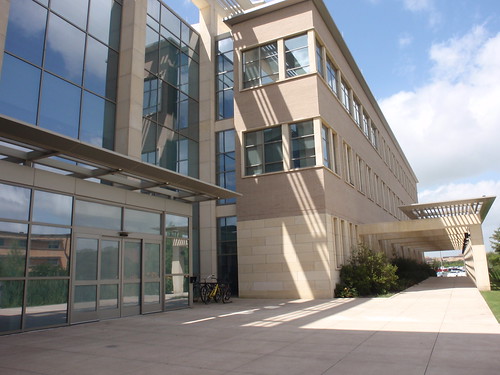My promise to students is that I will do everything I can to help you complete the course for which you have sought tutoring. I will commit to you with the same strength you commit to our tutoring sessions. Though tutoring is a freelance pursuit, I see myself as a professional and I don't quit in the middle of the project. If we have started working together, I will do my best to schedule sessions with you to help you meet your goals.
I am here for you.
